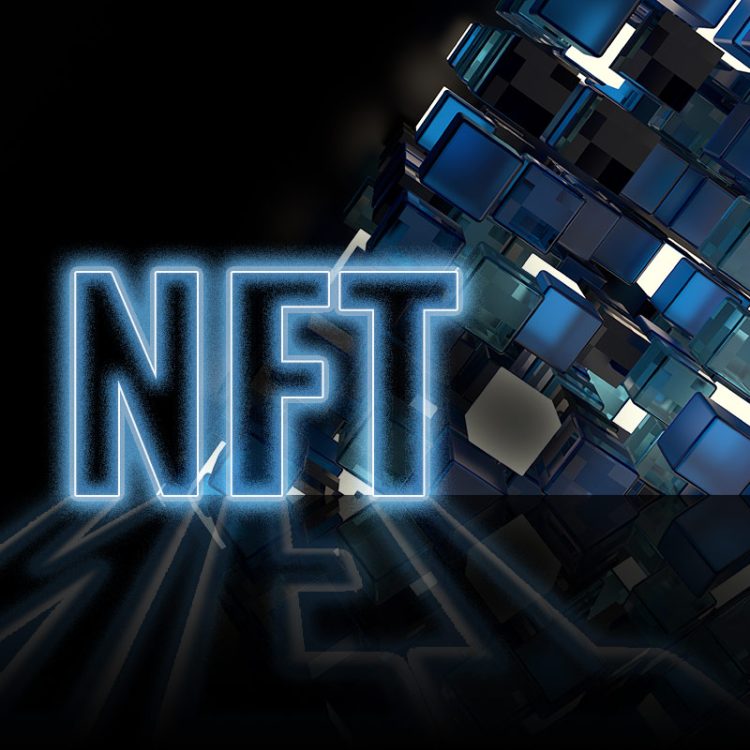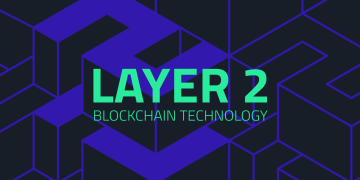Since the rise of CryptoPunks and Beeple’s record-breaking digital artwork sale, Non-Fungible Tokens (NFTs) have become synonymous with digital art and collectibles. However, art is just the beginning. Over the next five years, NFTs are poised to evolve into a versatile digital infrastructure, offering proof of ownership, authenticity, and programmability across industries. As Web3 matures and digital identities, assets, and transactions become increasingly decentralized, NFTs will break out of their artistic niche and reshape business models across multiple sectors.
This article explores how NFTs are expected to expand far beyond the art world, highlighting key industries that are likely to adopt NFT technology at scale.
1. Gaming and Virtual Economies
The gaming industry is already one of the largest adopters of NFT technology, and this trend will accelerate in the next five years.
Key Developments:
- In-Game Asset Ownership: Players will truly own characters, skins, weapons, and land in games like The Sandbox, Illuvium, and Star Atlas, with NFTs representing these assets.
- Play-to-Earn (P2E) Economies: NFTs will enable new business models where gamers earn tradable NFT rewards that hold real-world value.
- Cross-Game Interoperability: With NFTs, digital assets may become portable between different games or platforms, giving rise to metaverse-scale economies.
- Secondary Markets: NFT marketplaces will expand to include used in-game assets, enabling continuous monetization for players and developers.
Impact:
Gaming will move from being a closed entertainment ecosystem to a player-owned digital economy driven by NFTs.
2. Fashion and Luxury Goods
NFTs offer a unique solution for proving authenticity and enhancing customer engagement in the fashion and luxury industry.
Key Use Cases:
- Digital Twins of Physical Goods: Brands like Nike and Gucci are creating NFTs that correspond to physical items, allowing owners to verify authenticity and provenance.
- Virtual Fashion and Wearables: In digital worlds (e.g., Decentraland, Roblox), users purchase NFT-based clothing and accessories to represent their avatars.
- Exclusive Drops and Memberships: NFT ownership can grant access to limited-edition items, VIP events, or private communities.
Impact:
Luxury brands will use NFTs to combat counterfeiting, foster loyalty, and bridge the gap between physical and digital brand experiences.
3. Music and Entertainment
Musicians and content creators are turning to NFTs as tools for ownership, monetization, and fan engagement.
Key Use Cases:
- Royalty Distribution: NFTs can be programmed to automatically distribute royalties to all stakeholders whenever a song or video is streamed or resold.
- Fan Tokens and Exclusive Content: Artists can issue NFTs that give fans access to unreleased content, backstage passes, or lifetime concert tickets.
- Crowdfunding and Creative Control: Musicians can fund their projects by selling fractionalized ownership through NFTs, bypassing labels and intermediaries.
Impact:
The entertainment industry will shift toward direct-to-fan business models, where artists retain ownership and profits, and fans become stakeholders.
4. Real Estate and Property Ownership
Real estate is a natural fit for NFTs due to the need for verifiable ownership, history, and ease of transfer.
Key Applications:
- Tokenized Property Titles: NFTs will represent property deeds, simplifying ownership transfers and reducing fraud in real estate transactions.
- Fractional Ownership: NFTs can divide physical property into shares, allowing multiple investors to co-own high-value real estate assets.
- Virtual Real Estate: Platforms like Decentraland and Otherside are selling NFT-based land parcels, fueling a digital real estate boom.
Impact:
Real estate transactions will become faster, more transparent, and accessible to a global audience, including small investors.
5. Identity and Credentials
NFTs can serve as secure, tamper-proof identifiers for individuals and institutions.
Use Cases:
- Educational Certifications: Universities and training platforms will issue diplomas and certifications as NFTs that are easily verifiable and fraud-resistant.
- Professional Licensing: Medical, legal, and engineering licenses can be issued as NFTs, ensuring authenticity and simplifying compliance checks.
- Digital Passports and IDs: NFT-based identities can be integrated with decentralized identity systems (DIDs), giving users more control over their personal information.
Impact:
NFTs will play a foundational role in digital identity management, reducing credential fraud and enabling seamless verification across borders and platforms.
6. Healthcare and Medical Records
While privacy is a critical concern, NFTs offer novel ways to manage and secure personal medical data.
Potential Applications:
- Patient-Controlled Records: Medical records stored off-chain but verified on-chain through NFTs allow patients to control who accesses their data.
- Data Donation and Monetization: Individuals can choose to license anonymized health data via NFTs to research institutions or pharmaceutical companies.
- Medical Device Tracking: NFTs can track the usage history, certifications, and maintenance records of high-value medical devices.
Impact:
NFTs will help empower patients, increase interoperability among healthcare providers, and streamline regulatory compliance.
7. Publishing and Intellectual Property
The publishing industry stands to benefit from NFT-based content ownership and royalty systems.
Use Cases:
- NFT Books and Articles: Writers can publish limited editions or serialized content via NFTs, with smart contracts distributing royalties to collaborators.
- Copyright and IP Protection: NFTs can timestamp creative works, proving authorship and usage rights on an immutable ledger.
- Micropayment Models: Readers can support authors via NFT-based access models, enabling more equitable compensation structures.
Impact:
NFTs will enable creator-first publishing models with transparent royalty flows and enforceable intellectual property rights.

8. Events, Ticketing, and Experiences
Event ticketing is one of the most practical and near-term applications for NFTs.
Key Use Cases:
- Anti-Counterfeit Tickets: NFTs ensure each ticket is unique and traceable, eliminating scalping and fake sales.
- Transferable and Programmable Access: Event organizers can control resale rules or embed perks (e.g., VIP upgrades, merchandise discounts) into NFT tickets.
- Memory Tokens: Fans can collect NFT badges or mementos from events, creating a permanent digital memory economy.
Impact:
NFT-based ticketing systems will offer greater security, flexibility, and post-event engagement than traditional methods.
9. Supply Chain and Logistics
NFTs can be used as digital certificates of origin, authenticity, or ownership throughout supply chains.
Use Cases:
- Product Provenance: NFTs represent the history and authenticity of goods (e.g., luxury items, pharmaceuticals, organic food).
- Chain of Custody: Each handoff in a logistics network can be recorded via NFTs, ensuring transparency and traceability.
- Recall and Warranty Management: NFT-based product IDs can simplify warranty claims and product recalls with verifiable purchase and usage records.
Impact:
NFTs will increase trust, traceability, and efficiency across global supply chains, particularly in high-value and regulated industries.
10. Philanthropy and Social Impact
NFTs are also emerging as tools for fundraising, transparency, and community engagement in the nonprofit sector.
Key Applications:
- NFT Fundraisers: Charities sell limited edition NFT art or collectibles to raise funds from donors.
- Impact Tracking: Donors receive NFTs as proof of contribution, which can be linked to actual impact reports (e.g., tree planted, meals served).
- Transparent Spending: Blockchain-based smart contracts ensure that donated funds are used according to predefined rules.
Impact:
NFTs will bring radical transparency and new fundraising models to the philanthropic space.
Conclusion
NFTs are rapidly evolving from digital art assets into a foundational layer of the digital economy. Over the next five years, we will witness a paradigm shift as NFTs unlock new use cases across gaming, fashion, finance, healthcare, real estate, and more.
As standards improve, infrastructure scales, and user experience becomes more seamless, NFTs will become as common as barcodes, passports, and digital contracts—transforming how we own, exchange, and trust value in a decentralized digital world. Enterprises that recognize this shift early will be better positioned to innovate, engage customers, and lead in the next phase of the internet economy.














































